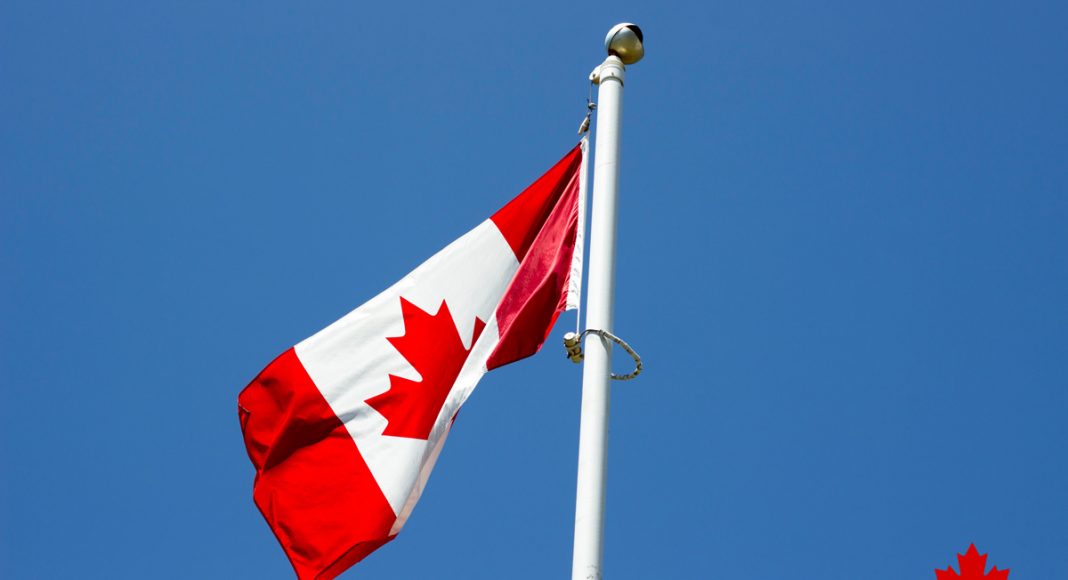Though Uruguay was the first country to legalize and implement full recreational marijuana sales, the world is watching Canada this week when cannabis sales go fully legal this Wednesday. No country of its size has done so, and its policies, as well as how it changes Canadian citizens’ social and wellness lives, will serve as incubator for politicians around the world thinking of pushing federal legalization in their home countries, America included.
At the end of the week, lessons will be learned. Here are a few things to watch during the launch.
Retail
Sources share there is a possibility demand will outstrip supply. Despite a long lead time, the large producers are not fully ready for legalization. Vic Neufeld, CEO of Aphria valued at $4-plus billion, was quoted in Bloomberg saying the industry wasn’t fully ready and that producers have fallen short in preparing for the first day. Aurora, Canopy Growth, Tilray along others have had delays, crop issues and more. Canopy’s partnership with alcohol powerhouse Constellation should provide them insight from crop to customer giving them an edge over other players. Neufeld predicts if the issue is not resolved by January, it could have a significant impact.
A new point-of-sale system is being premiered the first day. As with most tech rollouts, there will be a few glitches, but it should generally work as expected.
Brands and Products
Canada has very tight restrictions on packaging—cannabis products must be a single color, can only include a small logo, and carry health warnings. Customers will see a sameness in products with only few exceptions. One key differentiator in product packaging will be whether companies sell it in a jar or a jar and box. While all product will be sold in a jar, some brands have gone the extra step and are placing the jar in a box.
That sounds interesting, but in our eco-friendly world, every time a Canadian picks up their favorite weed, they are accumulating little jars and disposable boxes slowly adding up. Some customers can wind up with quite a collection or tossed into the garbage for the potential of the neighbors to observe. Similar to the post-party trash filled with empty beer cans and wine bottles for your neighbors to observe. If you know Amazon’s history with their shipping packaging and consumer feedback, this will be an involving story.
The top influencers in the wine industry use two tactics to sway consumers—price followed by label. When everyone in the Canadian weed market is playing by the same rules, does this make it a commodity? Will brands be able to distinguish themselves? The huge success of two-buck Chuck could be a lesson for the cannabis industry. The wine quickly sold over $1 billion, quickly outpacing wineries that had spent millions in production and marketing. It created a large new market for wine; could the same happen to weed?
Another potential wrinkle is Tilray’s Marley Natural and Canopy’s Leafs by Snoop have been projected to make millions, but the Canada government hasn’t cleared the way for those brands to enter the recreational market. Will they have to rebrand? And will consumers understand? If Leaf by Snoop is called LBS in the recreational market, will it still have the same cache? This could leave the market open for other brands to gain attention.
Investments and Markets
On Oct. 17, licensed producers stop being judged on predictions and potential. Instead, they’ll become real businesses that can be viewed based on analytics. Up until Wednesday, the value of many companies has been based on projections, CEO personalities and PowerPoints. Starting this week and for the weeks to months to come, actual sales will define the value of each company, exposing them to the market’s scrutiny like a Boeing, Unilever, or IBM.
Short sellers will be very busy for the first few weeks of legalization. Fortunes will be made and lost, but there will definitely be some market leaders and perhaps a correction or two for the rest of the market.
The grey market is expected to continue. Depending on how the legal market rolls out, it could maintain its hold on the market. If there are product shortfalls or mistakes in package and pricing, customers can return to their local/ artisanal dealer. The benefit is known product, eco-friendly packaging and lower price. The government and the legal companies have to position their product to be not only competitive in the open market but in the grey market as well.
Finally
Don’t expect a miracle and a change in global and market perception on Thursday morning. The pipeline will have to be ironed out. Any real lessons to be gleaned, won’t happen until the first quarter of 2019.


